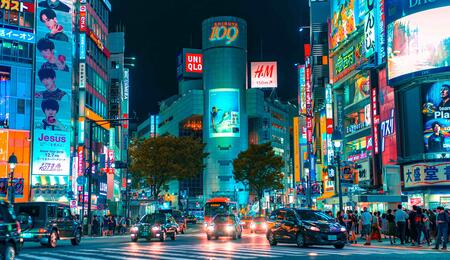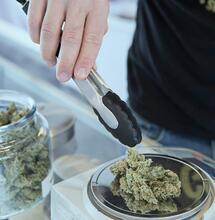Japan: Challenges with Cannabis Laws

Japan is known for its strict laws, but cannabis use is rising despite heavy penalties. This trend raises questions about the effectiveness of current laws and leads experts to explore why this is happening.
Japan has some of the toughest cannabis laws in the world. Under the Cannabis Control Act of 1948, even small amounts of cannabis can result in up to seven years in prison. Established during the American occupation, this law has created a strong social taboo around cannabis, which people have seen as a dangerous drug for decades.
What Has Changed With Cannabis in Japan?
However, the gap between the law and reality is growing. Young people in Japan are influenced by the increasing acceptance of cannabis in Western culture, such as in movies, music, and social media. Many now see cannabis as a less harmful option compared to alcohol, which causes significant problems in Japan.
To understand this change, Dr. Yuji Masataka, a researcher and member of the Japanese Clinical Cannabinoid Association (JCAC), conducted research that he shared in the journal Drug Science, Policy and Law.
Dr. Masataka and his team interviewed 64 Japanese adults (39 men and 25 women) over the age of 20. They called this research the "Smoker's Story Project," inspired by Paul Auster's "National Story Project."
"We wanted to share personal stories on a public website," Dr. Masataka said. "Though each story is unique, we believe that together they provide a broader view of cannabis use in Japan."
Surprisingly, many people volunteered to share their experiences, despite concerns about discussing illegal behaviour. Dr. Masataka attributes this openness to the trust built through ongoing public education with Green Zone Japan since 2017.
Most participants learned about cannabis from friends, driven by curiosity. Many felt anxious initially but later saw cannabis as low-risk, often considering it safer than tobacco or alcohol.
Participants first used cannabis during difficult times, like bullying or stress at work. They continued using it for its pleasurable effects and relaxation. Some used cannabis for health reasons, such as relief from anxiety, stress, depression, or pain.
Others turned to cannabis as a substitute for prescription drugs or alcohol. This shift is significant since the misuse of prescription drugs has become a public health issue in Japan. Many people noted that cannabis could be a safer alternative to more dangerous or less effective medications.
While cannabis can cause side effects like dry mouth or tiredness, participants generally viewed these issues as minor. They largely rejected the idea that cannabis use leads to harder drugs. For most, the biggest downside was its illegality.
Dr. Masataka's research suggests that Japan's strict cannabis laws might not last. Public opinion is changing, especially among young people, and interest in legalising cannabis for medical use is growing—a small but important step forward.
More From Soft Secrets:
Is Japan Heading Toward Reform too?
Cannabis Doesn't Lead to Hard Drugs: Research from Japan





